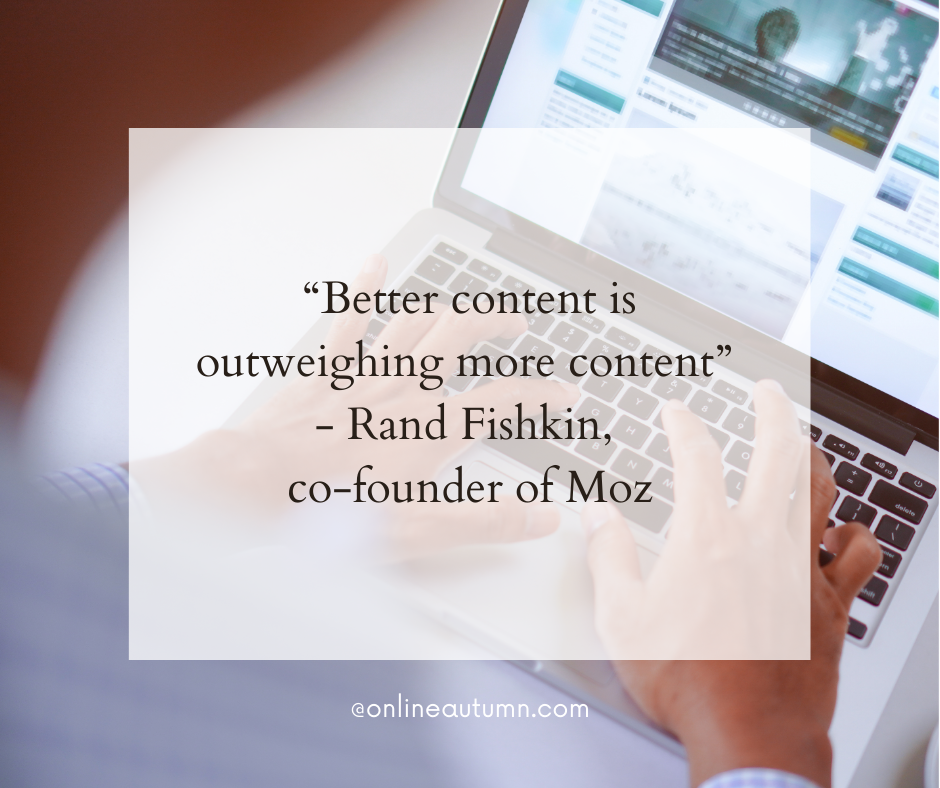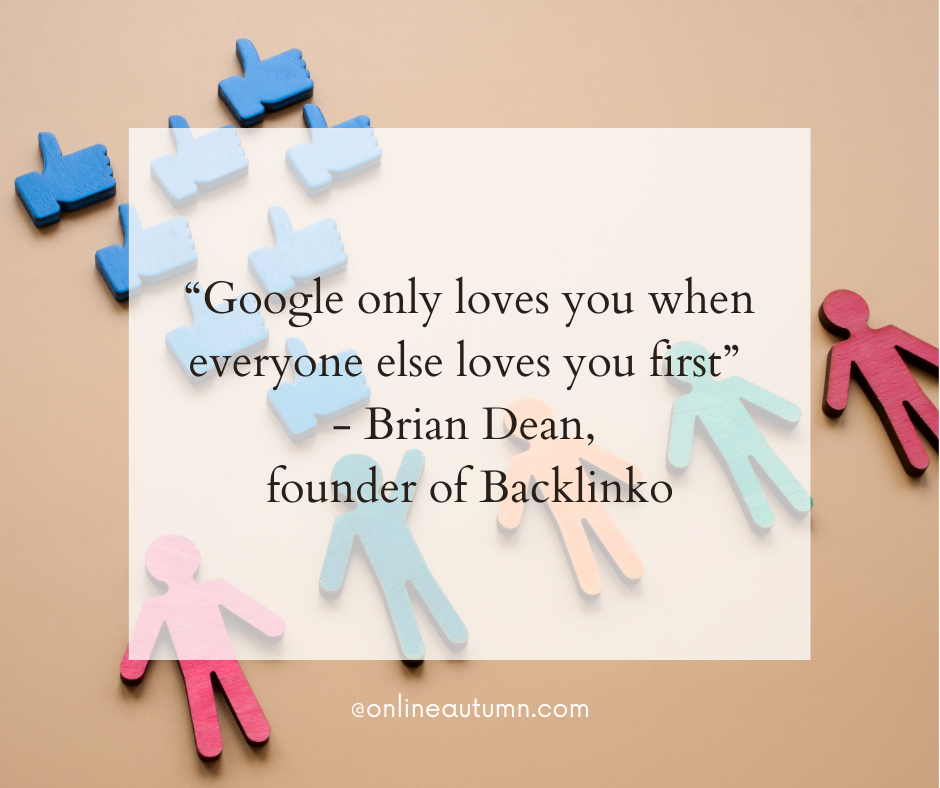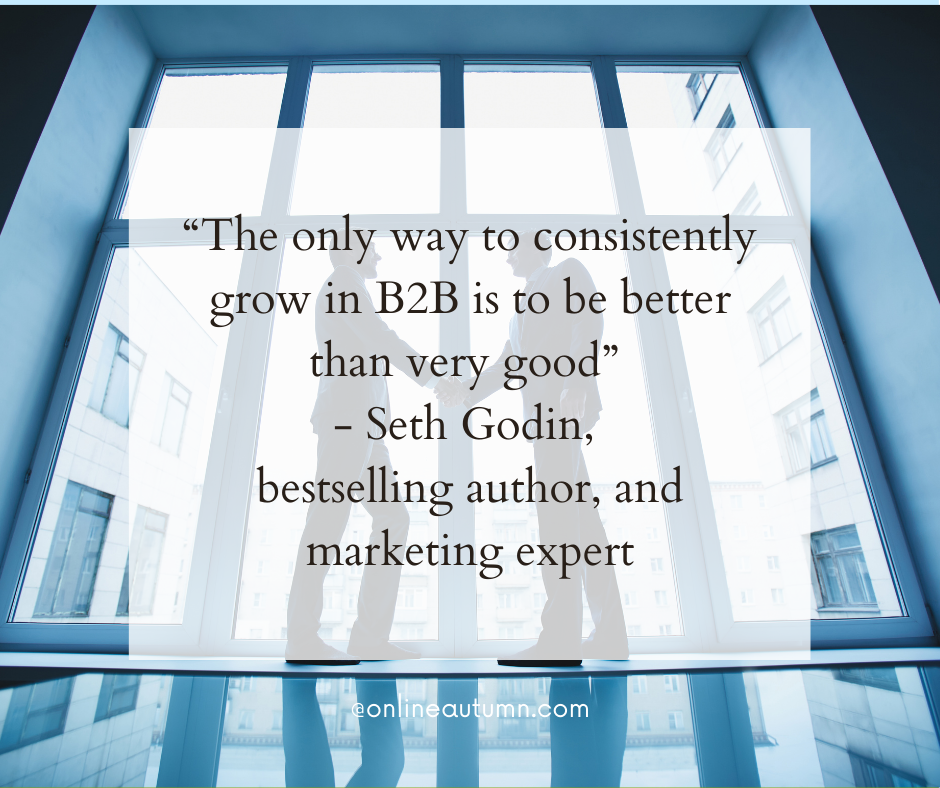Blogging Photo by Kenny Eliason on Unsplash
Affiliate Disclosure: Please note that this post contains affiliate links, which means I will earn a commission (at no additional cost to you) if you choose to purchase. I only recommend products that I truly believe will benefit you. Whether or not I earn a commission, these are products I would still recommend. There isn’t anything recommended on this page that I haven’t tried and/or personally verified.
Making money online has become a viable and popular option for many people. Among the various avenues available, Search Engine Optimization (SEO) and blogging stand out as two of the most effective methods for generating income.
Whether you’re a complete beginner or someone with basic knowledge of digital marketing, understanding how to effectively use SEO and blogging can create lucrative opportunities. By creating valuable content and optimizing it for search engines, you can attract a targeted audience, build a loyal following, and monetize your blog in multiple ways.
In this guide, we will explore how you can start making money with SEO and blogging. This comprehensive guide will provide you with the foundational knowledge and practical steps needed to succeed. Note the importance of quality and value over quantity, which is a key principle in both SEO and blogging.

What is SEO and Why Is It Important?
Understanding SEO
SEO, or Search Engine Optimization, is the practice of optimizing (or improving) your website or blog to improve its visibility on search engine results pages (SERPs). The higher your site ranks in these results, the more likely it is that users will visit your site. SEO involves various techniques, including keyword research, on-page optimization, and link building, all aimed at making your website more attractive to search engines like Google, Bing, and Yahoo.
The main goal of SEO is to increase organic (non-paid) traffic to your site. Organic traffic is valuable because it brings users who are actively searching for information or solutions related to your content, making them more likely to engage with your blog and convert into loyal readers or customers.
Why SEO Matters for Bloggers
SEO is very important for bloggers because it directly impacts the visibility and reach of your content. Without proper SEO, even the most informative and engaging blog posts may remain hidden in the vast sea of online content. According to a study by BrightEdge, organic search drives 53% of all web traffic, which highlights the importance of optimizing your blog for search engines.
SEO also helps build credibility and authority. When your blog consistently ranks high on search engines, it not only attracts more visitors but also establishes you as a trusted source of information in your niche. The better your content and SEO, the more likely other sites will link to you, further boosting your search engine ranking.

Setting Up Your Blog for Success
Choosing the Right Niche
The first step in making money with SEO and blogging is choosing the right niche. A niche is a specific topic or area of interest that your blog will focus on. Selecting a niche that you are passionate about and that has a demand in the market is very important for long-term success. When you blog about a topic you love, creating content becomes enjoyable rather than a chore, and your passion will shine through to your readers.
To find a profitable niche, start by conducting keyword research using tools like Google Keyword Planner, SEMrush, or Ahrefs. Look for topics with a good search volume but moderate competition. This will help ensure that there is enough interest in your chosen niche while still allowing you to stand out in the search results.
Setting Up Your Blog
Once you have chosen your niche, it’s time to set up your blog. Here’s a step-by-step guide:
- Choose a Blogging Platform: WordPress.org is one of the most popular blogging platforms due to its flexibility, customization options, and SEO-friendly features. (WordPress is my preference). Other options include Blogger, Wix, and Squarespace.
- Pick a Domain Name: Your domain name should be relevant to your niche and easy to remember. It acts as your online address, so choose wisely. For example, if your niche is about fitness, a domain like “FitLifestyleGuide.com” would be appropriate.
- Select a Hosting Provider: Reliable hosting is essential for your blog’s performance and security. Consider hosting providers like Hostinger, Bluehost, SiteGround, or HostGator that offer affordable plans and excellent customer support. (I use and recommend Hostinger).
- Install WordPress: Most hosting providers offer a one-click WordPress installation feature. Follow the instructions provided by your hosting provider to set up WordPress on your domain.
- Choose a Theme and Customize Your Blog: Select a responsive and SEO-friendly theme that aligns with your niche. Customize the theme to reflect your brand identity, making your blog visually appealing and easy to navigate.
- Install Essential Plugins: Plugins are tools that add functionality to your WordPress blog. Essential plugins for SEO and blogging may include Yoast SEO for optimizing your content, Google Analytics for tracking traffic, and WP Super Cache for improving site speed.
Creating Quality Content
Content is the heart of any blog. To attract readers and keep them engaged, focus on creating high-quality, valuable content that addresses the needs and interests of your target audience. This includes:
- Writing Informative Articles: Provide detailed information, tips, and solutions related to your niche. Use clear and concise language to ensure your content is easy to understand.
- Using a Conversational Tone: Engage with your readers by writing in a friendly, conversational tone. Ask questions, use personal anecdotes, and encourage comments to create a sense of community.
- Incorporating Visuals: Use images, infographics, and videos to enhance your content and make it more visually appealing. Visuals not only break up text but also help convey information more effectively.
- Updating Content Regularly: Keep your blog fresh and relevant by regularly updating old posts with new information. This shows search engines that your content is current, which can improve your rankings.
Implementing SEO Best Practices
Keyword Research
Keyword research is the foundation of SEO. It involves finding the right keywords that your target audience is searching for. Use tools like Google Keyword Planner, Ahrefs, or SEMrush to identify keywords with high search volume and low competition. Focus on long-tail keywords (phrases with three or more words) as they are more specific and have less competition, making it easier for your blog to rank.
On-Page SEO
On-page SEO refers to optimizing individual pages on your blog to improve their search engine ranking. Key on-page SEO techniques include:
- Optimizing Title Tags and Meta Descriptions: The title tag is the clickable headline that appears on search engine results pages. Make sure it is compelling and includes your target keyword. The meta description provides a brief summary of the content and should also include the keyword to improve click-through rates.
- Using Headings and Subheadings: Use H1 for the main title of your post and H2, H3, etc., for subheadings. This not only organizes your content but also helps search engines understand the structure and relevance of your content.
- Internal and External Linking: Internal links connect to other pages within your blog, helping users navigate and discover more of your content. External links point to authoritative sites, adding credibility to your content. Both types of links can improve your SEO.
- Optimizing Images: Use relevant images with descriptive file names and alt text to improve your blog’s visibility in image search results. Compress images to reduce file size, ensuring faster loading times.
- Improving Content Readability: Break your content into short paragraphs, use bullet points, and include visuals to make it easy to read. Use simple language and avoid jargon to ensure your content is accessible to a broader audience.
Off-Page SEO
Off-page SEO refers to activities outside your website that can impact your search engine rankings. This includes:
- Building Backlinks: Backlinks are links from other websites to your blog. High-quality backlinks from reputable sites signal to search engines that your content is valuable and trustworthy. To build backlinks, consider guest posting on other blogs, collaborating with influencers, or creating shareable content.
- Social Media Marketing: Promote your blog on social media platforms like Facebook, Twitter, Instagram, and Pinterest. Social media engagement can drive traffic to your blog and increase its visibility.
- Engaging with Online Communities: Participate in online forums, groups, or communities related to your niche. Share your expertise, answer questions, and provide valuable insights. This helps build your authority and can lead to more visitors to your blog.
Click here to get a FREE Social Media Checklist to keep you on track.
Sign up for Paul O’Mahony’s free webinar on ‘Rethink Social Media’
Monetizing Your Blog
Affiliate Marketing
Affiliate marketing is one of the most popular ways to make money with a blog. It involves promoting products or services and earning a commission for each sale made through your referral link. Join affiliate programs related to your niche, such as Amazon Associates, ShareASale, or CJ Affiliate. Promote products that align with your blog content and provide value to your readers.

FREE eBook – 26 Affiliate Marketing Tips
Michelle from Making Sense of Cents, also has this FREE 36-page e-book will teach you all about how affiliate marketing works, as well as give you 26 affiliate marketing tips so that you can get started. You can sign up by clicking my referral link here.
Display Advertising
Display advertising involves placing ads on your blog. You earn money based on the number of impressions or clicks the ads receive. Google AdSense is a popular platform for display advertising, offering easy integration and relevant ads tailored to your content. Consider using ad networks like Media.net or Ezoic as well.
Sponsored Posts
Sponsored posts are another way to monetize your blog. Brands or businesses pay you to write a post that promotes their products or services. To attract sponsorship opportunities, build a substantial audience and establish yourself as an authority in your niche. Always disclose sponsored content to maintain transparency and trust with your readers.
Selling Digital Products
If you have expertise in a particular area, consider creating and selling digital products such as eBooks, online courses, or printables. These products can provide a significant income stream and add value to your readers. Use platforms like Teachable, Gumroad, or Etsy to sell your digital products.
Offering Services
Leverage your skills and knowledge by offering services related to your niche. This could include freelance writing, consulting, coaching, or web design. Promote your services on your blog and provide testimonials or case studies to build credibility.
Ready to go the Blogging and SEO Route?
Making money with SEO and blogging is a rewarding and scalable way to earn income online. By understanding the principles of SEO, creating valuable content, and implementing effective monetization strategies, you can turn your passion into a profitable venture.
Remember, success in blogging requires consistency, patience, and a willingness to learn and adapt. Apply this mindset to your blogging journey, and you’ll be on your way to achieving financial success and personal fulfilment.

You may also be interested in reading this blog post: How to Start a Profitable Blog and Make Money from Day One – Online Autumn Journey




[…] You may be interested to read this blog: Beginner’s Guide to Making Money with SEO and Blogging – Online Autumn Journey […]